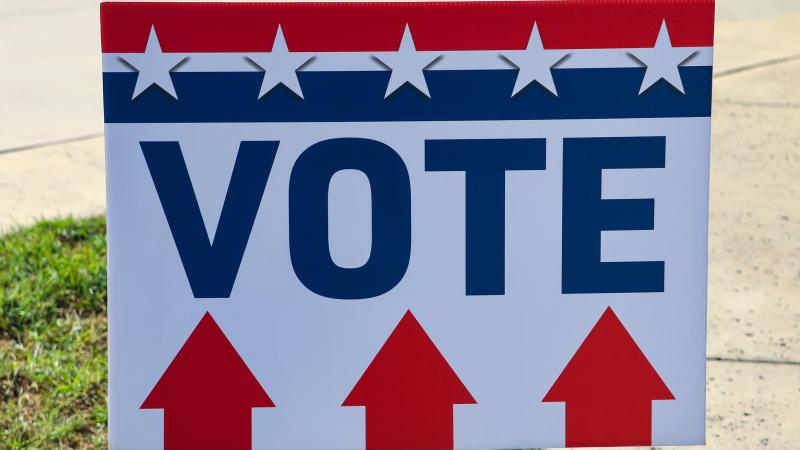Federal appeals court removes hold on Texas election integrity law
Measure was passed by Legislature and signed into law by Gov. Greg Abbott last year.
A federal appeals court has removed a lower court’s hold on Texas’ election integrity law, scoring another win for measures that seek to validate the identity of voters before they cast ballots.
The 5th U.S. Circuit Court of Appeals concluded last month that a lawsuit challenging the law could not go forward because the groups who brought it did not have legal standing. It follows a decision in Georgia a few weeks earlier declaring that state’s voter ID law was constitutional.
The Texas measure was passed by the Legislature and signed into law by Gov. Greg Abbott in 2021. It required registered voters who list their address as a commercial P.O. Box, or any other non-physical location, to provide proper documentation of a physical residency.
The Texas League of United Latin American Citizens (LULAC) and Voto Latino sued various county election officials in federal court, seeking to block enforcement of several provisions of the law.
The groups argued they had standing based on a diversion-of-resources theory, that the law “chills their speech,” and that there was a credible threat of prosecution for those who violate it.
They alleged the residence provision violates the First Amendment by chilling political speech, and other provisions violate the First, Fourteenth, and Twenty-Sixth Amendments by unduly burdening the right to vote.
Attorney General Ken Paxton and other county officials intervened to defend the law. A district court ruled the groups had standing, enabling the lawsuit to go forward. Paxton’s office appealed the decision to the Fifth Circuit, which ruled in his favor.
The court rejected all of the plaintiffs’ arguments, ultimately ruling, “In sum, the district court erred in concluding Plaintiffs had organizational standing based on a chilled-speech theory. Because Plaintiffs lack standing, the district court lacked subject matter jurisdiction. We therefore REVERSE the district court’s judgment and RENDER judgment dismissing Plaintiffs’ claims.”
State Sen. Paul Bettencourt, a Republican who sponsored the law, hailed the court’s ruling.
“The whole purpose of this bill was to clean up voter rolls in counties because absolutely nobody’s residential address is in a 2-3-inch P.O. Box!” he told The Center Square. “It’s preposterous that anyone would try to claim otherwise! SB 1111 is a common-sense Election Integrity bill that confirms people are registered to vote where they physically reside.”













